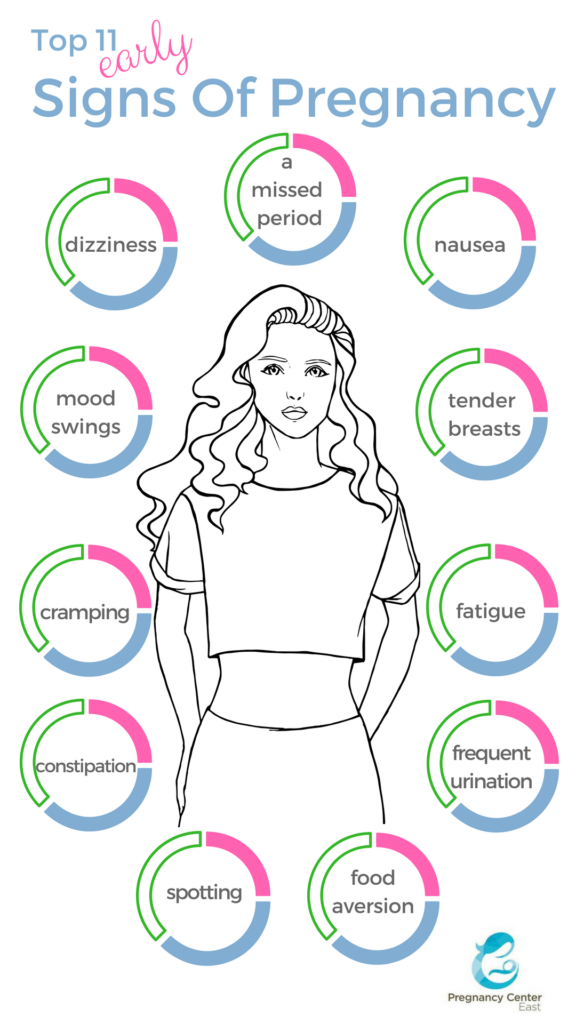
Dizziness: A Sign of Pregnancy
Dizziness is a common symptom during pregnancy, affecting up to 80% of expectant mothers. While it can be a nuisance, dizziness is usually not a cause for concern and will typically resolve on its own. However, in some cases, dizziness can be a sign of a more serious underlying condition that requires medical attention.
What Causes Dizziness During Pregnancy?
There are several factors that can contribute to dizziness during pregnancy, including:
- Hormonal changes: The surge in pregnancy hormones, particularly progesterone, can cause blood vessels to relax and widen, leading to a drop in blood pressure. This can result in lightheadedness and dizziness, especially when standing up or changing positions quickly.
- Increased blood volume: The body produces about 50% more blood during pregnancy to support the growing baby. This increased blood volume can put a strain on the circulatory system, leading to dizziness.
- Anemia: Iron deficiency anemia, which is common during pregnancy, can also cause dizziness. Iron is essential for red blood cell production, which carries oxygen throughout the body. When iron levels are low, the body cannot deliver enough oxygen to the brain, resulting in dizziness.
- Dehydration: Dehydration can occur more easily during pregnancy due to increased fluid needs and frequent urination. Dehydration can lead to a drop in blood pressure and dizziness.
- Low blood sugar: Pregnancy can cause insulin resistance, which can lead to low blood sugar levels (hypoglycemia). Low blood sugar can cause dizziness, weakness, and fatigue.
Types of Dizziness During Pregnancy
Dizziness during pregnancy can manifest in several ways:
- Lightheadedness: A feeling of faintness or near-fainting, often accompanied by a sensation of warmth or tingling in the face and hands.
- Vertigo: A spinning sensation or feeling of being off-balance.
- Presyncope: A brief loss of consciousness that lasts for a few seconds.
- Syncope: A complete loss of consciousness that lasts for more than a few seconds.
When to Seek Medical Attention
Most cases of dizziness during pregnancy are not serious and will resolve on their own. However, it is important to seek medical attention if you experience any of the following symptoms:
- Dizziness that is severe or persistent
- Dizziness that is accompanied by other symptoms, such as chest pain, shortness of breath, or nausea and vomiting
- Dizziness that occurs after a fall or injury
- Dizziness that is accompanied by a loss of consciousness
Treatment for Dizziness During Pregnancy
Treatment for dizziness during pregnancy will depend on the underlying cause. In most cases, simple measures can help alleviate dizziness, such as:
- Staying hydrated: Drink plenty of fluids, especially water, to prevent dehydration.
- Eating small, frequent meals: This can help prevent low blood sugar levels.
- Getting enough rest: Pregnancy can be tiring, so it is important to get plenty of rest to avoid fatigue and dizziness.
- Avoiding sudden movements: Stand up slowly from a sitting or lying position to prevent lightheadedness.
- Wearing compression stockings: These can help improve circulation and reduce dizziness.
If these measures do not provide relief, your doctor may recommend medication to treat dizziness.
Preventing Dizziness During Pregnancy
There are several things you can do to help prevent dizziness during pregnancy:
- Eat a healthy diet: Make sure to get enough iron and other essential nutrients.
- Stay hydrated: Drink plenty of fluids throughout the day.
- Get regular exercise: Exercise can help improve circulation and reduce dizziness.
- Avoid caffeine and alcohol: These substances can dehydrate you and worsen dizziness.
- Sleep on your left side: This can help improve circulation and reduce pressure on the vena cava, a large vein that carries blood back to the heart.
Conclusion
Dizziness is a common symptom during pregnancy that is usually not a cause for concern. However, it is important to be aware of the potential causes of dizziness and to seek medical attention if you experience any severe or persistent symptoms. By following these tips, you can help prevent and manage dizziness during pregnancy.